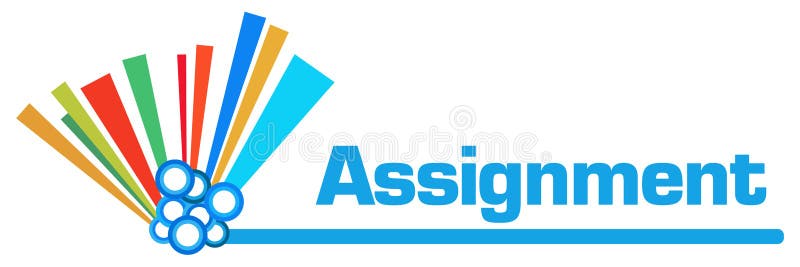
Early Childhood Development (ECD) is a growing, dynamic _eld that strives to meet the needs of vulnerable infants, toddlers, preschoolers, and their families. Quality care and protection in these years are keys to avoiding death, disease, stunted growth, trauma, malnutrition, and developmental delays while ensuring healthy growth, self-esteem, and the ability to learn. In order to formulate relevant, realistic, and targeted strategies to support children of working parents, ABC plans to conduct a study on the community and workplace context and early childhood beliefs, practices, and resources in these settings. The study will examine the early childhood knowledge, attitude, and practices (KAP) of workers and caregivers (parents, extended family members, factory employees, and outreach workers), as well as the status of their children's development. The employees of the Garment Factories both in Dhaka and Chittagong were targeted. Along with many other variables, the survey collected data on working parents' income, housing condition, education, number of children kept with a caregiver, children’s age, number of hours kept with a caregiver, caregivers' identity, education, and age.
Please address each of the following issues:
- Concept mapping activities for background.
- Research questions.
- Research hypothesis.
- Identify the research type and the time reference.
- What type of data collection
- _ Qualitative/Quantitative
- _ Survey/direct observation
- _ Mail survey/questionnaire survey/face-to-face interview ..
- The theoretical and accessible population.
- Sampling units.
- Respondents.
Instruction:
- This is an individual assignment. You have to submit it in hard copy on (24-05-2023) during class time.
- Submit it in a Word document or handwritten format and put your name, ID, and a section on the front page.
- Try to write from your own knowledge.